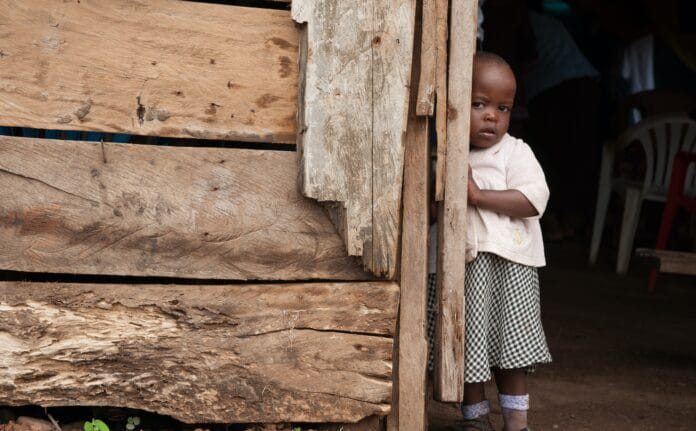The COVID-19 pandemic that gripped the world during the past year has resulted in reversing decades of progress in the fight against poverty and extreme poverty. In 2021, this number of people living in extreme poverty is expected to have risen to between 143 and 163 million.
These ‘new poor’ will join the ranks of the 1.3 billion people already living in multidimensional and persistent poverty who saw their pre-existing deprivations aggravated during the global pandemic.
End this outrage

“A lopsided recovery is further deepening inequalities between the Global North and South. Solidarity is missing in action – just when we need it most,” UN Secretary-General António Guterres says in his message on the International Day for the Eradication of Poverty
17 October.
Guterres says that vaccine inequality is allowing variants to develop and run wild, condemning the world to millions more deaths, and prolonging an economic slowdown that could cost trillions of dollars.
“We must end this outrage, tackle debt distress and ensure recovery investment in countries with the greatest need.”
The number of women in extreme poverty far outpaces that of men. Even before the pandemic, the 22 richest men in the world had more wealth than all the women in Africa – and that gap has only grown.
Globally, 20% more women than men aged 25–34 live in extreme poverty and more than 18% of indigenous women live on less than $1.90 a day.
World Food day

According to news published on the occasion of World Food Day 16 October more than 3 billion people (almost 40% of the world’s population) cannot afford a healthy diet.
In addition, almost 2 billion people are overweight or obese due to a poor diet and sedentary lifestyle.
Related health-care costs could exceed USD 1.3 trillion per year by 2030.
Furthermore, while Current estimates are that nearly 690 million people are hungry, or 8.9 percent of the world population 14% of the world’s food is lost due to inadequate harvesting, handling, storage and transit and 17% is wasted at consumer level. At the same time the world’s food systems are currently responsible for more than 33% of global anthropogenic greenhouse gas emissions.






